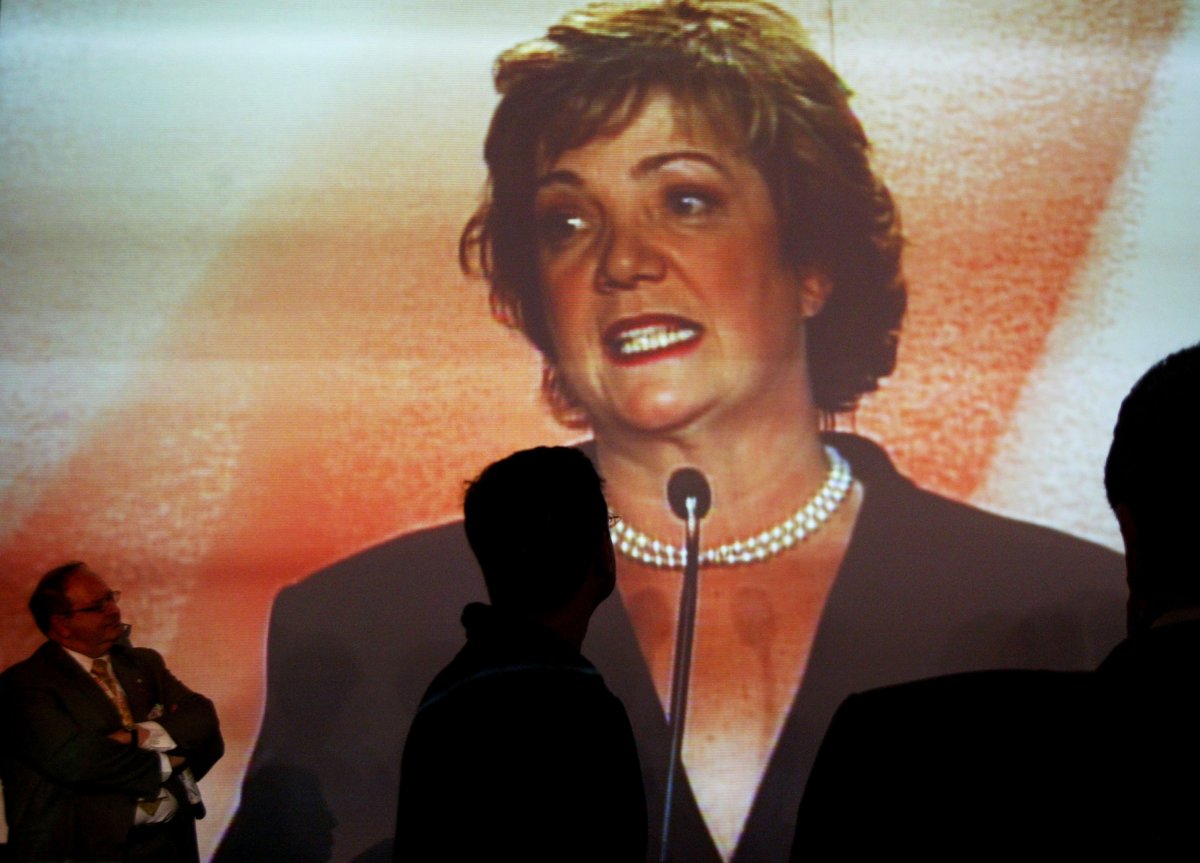TORONTO – A former Canadian cabinet minister has been caught up in the political crisis in Cambodia following that country’s hotly contested elections last month.

Former deputy minister Sheila Copps served as an election observer on behalf of an organization that lists among its leaders Cambodia’s Prime Minister Hun Sen, who has ruled the country for 28 years.
The group – called Centrist Asia Pacific Democrats International (CAPDI) – released a statement saying the July 28 elections were “free, fair and transparent” and called on all political parties to respect the results.
Cambodia’s opposition disputed its narrow loss and called for an independent committee to probe allegations of widespread fraud by the ruling Cambodian People’s Party.

Get daily National news
The opposition wrote to the Harper government Thursday asking it to clarify Canada’s position on the elections, saying the ruling party is exploiting Copps’s endorsement of the results for propaganda purposes.
A Foreign Affairs spokesman in Ottawa says Canada has been following recent events in Cambodia closely, but adds that the election observation team mentioned in the letter “was not sponsored by or affiliated with the government of Canada.”
Copps defended her decision to serve as an election observer, saying she is a member of CAPDI, which includes civil society members as well as current and former political leaders from more than 20 countries.
“Our invitation came from the Cambodian Election Committee and we were asked to observe election day practices,” she said in an email to The Canadian Press.
“It is standard practice in election monitoring to recruit people from other countries with election experience.”
As a private citizen Copps has the right to say whatever she wants to say, said Sorpong Peou, a political sciences professor at Ryerson University who has observed Cambodian politics for 20 years.
“Except that in reality the (CAPDI) statement is very political in my view, meaning it was used to justify the election results that are still in dispute,” he said.







Comments